Artificial intelligence has been making waves across industries for quite some time now. It is revolutionizing everything from healthcare and finance to transportation and entertainment. Not surprisingly, one area that has seen significant impacts is education.
With advancements in technology, AI has emerged as a powerful tool that can enhance the learning experience for students and teachers. Artificial intelligence in education refers to any learning tool that uses artificial neural networks for grading essays, virtual tutoring, language translations, and much more.
AI helps schools enhance accessibility, flexibility, and efficiency at all levels. From primary school to graduate-level studies, students can interact via advanced chatbots while teachers adopt intelligent systems to improve student experience and performance within classrooms.
Here are a few statistics related to AI in education: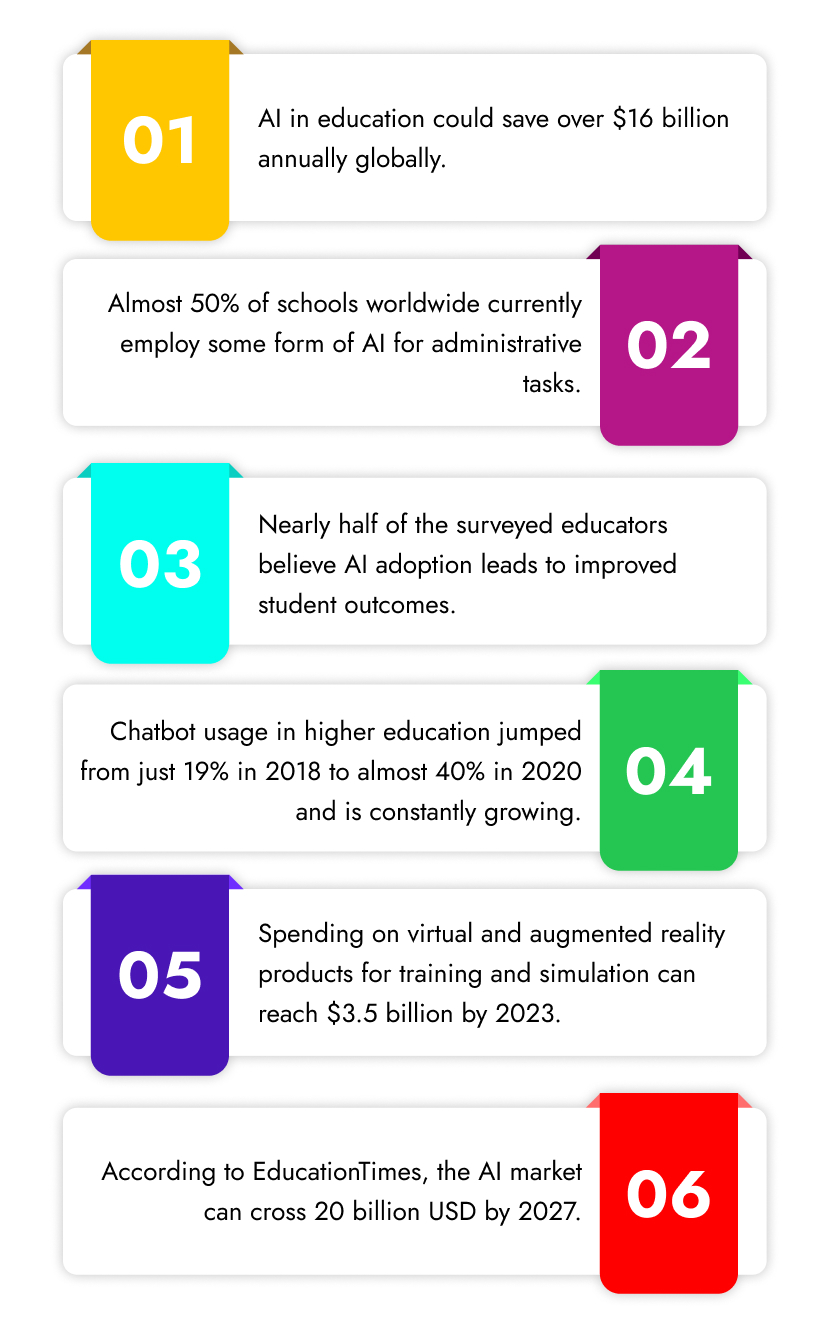
These statistics show that AI in education is gaining momentum and is ready for explosive growth as new innovative applications emerge. The potential benefits of implementing AI in education continue to attract greater attention and financial investments from stakeholders.
AI technologies are ready to revolutionize teaching methods, including personalization, assessment, language translation, robot tutors, and more.
With the more efficient allocation of resources, lower costs, and expanded access to knowledge through VR, AR, and MR, AI appears set to disrupt traditional approaches to learning positively.
Are you looking forward to seeing how far we can push the boundaries? Keep reading the article to discover the different ways in which AI is changing the field of education.
Benefits of AI in education:
AI supports teachers by providing valuable insights, enhancing lesson planning, grading assignments efficiently, and engaging students more effectively. Moreover, with its ability to process vast amounts of data quickly and accurately, AI enhances learning experiences by providing students with personalized instructions tailored to their needs and abilities.
Furthermore, AI can automate routine tasks such as grading and administration, freeing up educators' time and allowing them to focus more on student interaction and mentoring. Here are some ways that AI is positively affecting education:

-
Personalization: One of the main advantages of using AI in education is that it allows for personalized learning experiences tailored to students' needs. AI uses machine learning algorithms to analyze data such as test scores, attendance records, and class participation to identify areas where students may need extra support or enrichment. Personalization enables teachers to adjust their teaching strategies according to the student's needs, ensuring that every student receives the required attention. AI algorithms can process vast volumes of data on how children learn. Machine learning programs track student progress and adjust teaching materials accordingly, offering unique paths suited to individual abilities. Such targeted instruction minimizes frustration and promotes success.
-
Increased Engagement: Virtual Reality (VR) enables students to explore three-dimensional environments that simulate real-world surroundings. While Augmented Reality (AR), another application of AI in education, provides interactive digital overlays to help learners learn through visualization.
-
Improves Accessibility: One significant advantage of using AI tools in schools is their ability to make classroom resources widely available. For instance, computer vision technologies allow visually impaired students to hear audio descriptions of images, helping them better understand the course material. Moreover, AI chatbots give access to academic assistance, enabling self-paced learning. Through adaptive technologies, AI customizes content to individual requirements, ensuring all students receive relevant educational experiences.
-
Enhanced Research Capabilities: AI tools like natural language processing allow students and educators to find relevant and accurate information. These technologies enable efficient searching of resources, making it easier for learners to access high-quality content to help them in their studies. Additionally, AI can detect plagiarism and prevent academic dishonesty by alerting instructors to potentially copied work.
-
Better Assessments: Another advantage of AI in education is its ability to design more effective assessments through grading tasks. With AI-powered systems, evaluations become faster, more objective, and less prone to human error. Moreover, these computer programs can monitor patterns in student responses to identify misunderstandings of concepts covered within the curriculum.
-
Increased Efficiency: AI solutions enable education administrators to streamline administrative tasks such as managing admissions, registration, course scheduling, financial aid processing, and other non-instructional functions vital to school operations. Automating these routine processes frees up valuable staff time to focus on providing higher-quality education services for students. AI integration in schools reduces paper usage, which leads to cost savings while minimizing environmental waste, helping make education administration more organized, convenient, and eco-friendly.
-
Future Workforce Preparation: Integrating AI tools and programming concepts into the K–12 curriculum teaches critical problem-solving skills to help students in their future endeavors. Early exposure to AI helps students understand how computers think logically and creatively to solve problems.
-
Advanced Analytics: AI in education provides insights into how students learn best based on analyzing data collected over time. Predictive modeling uses past academic performance and demographic information to forecast student success, identifying at-risk individuals before major setbacks occur. Administrators leverage these advanced analytics to allocate resources appropriately and accommodate diverse learning styles or specific needs.
-
Positive Attitude Towards Technology: Introducing AI-based applications in the classroom normalizes their presence in daily life. Students learn computational thinking techniques and logical reasoning. Positive attitudes toward cutting-edge technology promote healthy attitudes toward future innovations. It helps students overcome social anxieties around new technologies, adopt them, and collaborate with people and intelligent machines.
-
Affective Learning Support: AI also plays a crucial role in enhancing affective learning support by monitoring emotional, social, and spiritual domains. It includes tracking individual student engagement levels, motivation, goal orientation, self-regulation, stress management, metacognition, leadership qualities, and empathetic behavior. The teacher may provide appropriate suggestions, reminders, and encouragement through personalized messages and notifications. AI further ensures that sensitive topics and difficult conversations receive crucial attention, offering moral support whenever needed. Thus, AI strengthens psychosocial well-being through integrated counseling and mentoring activities within everyday classroom interactions.
-
Enhanced Parent Engagement: Artificial Intelligence empowers parents with real-time communication channels, enabling them to stay connected, involved, and updated about their child’s progress. Parents can interact seamlessly with teachers using AI-enabled apps. They can access periodic reports, attendance records, assignment submissions, grading rubrics, assessment results, and other essential details using the apps.
Cutting-edge AI applications in education
Here are a few applications of AI in education:

-
Automated Grading System: An automated grading system utilizes artificial intelligence (AI) technologies such as natural language processing (NLP), computer vision, and machine learning techniques to grade assignments and assessments automatically. It replaces manual assessment processes, which reduces teacher workload and allows them to focus more on students.
-
Virtual tutors: Chatbots powered by artificial intelligence can simulate human conversation to aid students who need additional support outside regular class hours. With natural language processing, virtual tutors can respond to questions accurately and effectively. Overall, they make remote tutoring accessible to everyone without geographical constraints. AI-powered intelligent tutors act as personal guides, supporting students with subject matter mastery. Moreover, AI monitors trends, create better educational content, and targets professional development opportunities.
-
Content creation: Creating high-quality learning materials takes time and effort. AI can streamline the process by generating personalized lessons, quizzes, flashcards, and other resources, thus minimizing the chances of error while keeping the content diverse.
-
Remote learning assistance: Students may struggle to communicate remotely with teachers. AI language models can now assist those studying online by translating conversations into other languages, describing images, improving reading comprehension, summarizing long passages, answering questions promptly, etc.
-
Career counseling: Using AI, schools could offer career guidance services. A database containing current and predicted job markets can help students get the job of their interest. Applicants would discover their perfect careers faster, while business owners would find suitable candidates easily.
-
Automating administrative tasks: AI tools can automate routine tasks such as grading assignments and managing student records, allowing teachers to focus on other aspects of their job, like curriculum development and mentoring students. This can increase efficiency and reduce paperwork errors.
-
Customizing the learning experience: By analyzing data from assessments, AI algorithms can identify each student’s strengths and weaknesses and recommend personalized content suited to their learning style. Adaptive educational software uses this technology to adapt teaching methods to meet specific learners’ needs. For example, AI can detect if a learner prefers visual, auditory, or textual content and suggest materials accordingly.
-
Dynamic Assessment: Enables educators to evaluate students' understanding, modifying instructions and tasks in real-time to adjust the level of difficulty based on performance. Instead of measuring learning progress, dynamic assessment helps develop critical thinking skills, problem-solving skills, and other essential attributes for success beyond academia.
-
Natural Language Processing (NLP): Natural Language Processing refers to the AI algorithms designed to understand, interpret, analyze, and manipulate human language data. In the context of education, NLP techniques play several essential roles, including:
-
Text Analysis: NLP enables machines to read, interpret, and extract insights from large amounts of textual information such as books, essays, research papers, or social media posts. By doing so, educators gain valuable insights into what their students know and do not know, helping them improve instructional designs accordingly.
-
Speech Recognition: NLP algorithms recognize spoken words and convert speech to text accurately, promoting communication between teachers and students. Additionally, speech recognition software coupled with machine learning techniques allows students who have difficulty expressing themselves verbally to communicate more effectively.
-
Chatbot Assistance: Chatbots powered by NLP provide instant answers to frequently asked questions. These chatbots can further enhance accessibility by engaging with students via messaging platforms they prefer, like SMS or social media apps.
-
To summarize:
With the world moving towards technology integration, embracing AI denotes a step forward toward modernizing teaching approaches, expanding educational horizons, and ensuring equal opportunities for everyone. The integration of artificial intelligence in the field of education brings several advantages. AI makes access to information more convenient, empowering both instructors and students.
Ultimately, implementing AI technology in education creates a flexible and accessible environment that caters to the unique needs of every individual, fostering continuous growth and innovation.
So, if you are looking for AI-powered student management software, jiSchoolERP is perfect for you. Our school software helps businesses of all sizes expand their schools with powerful student management system features. Contact us to know more.

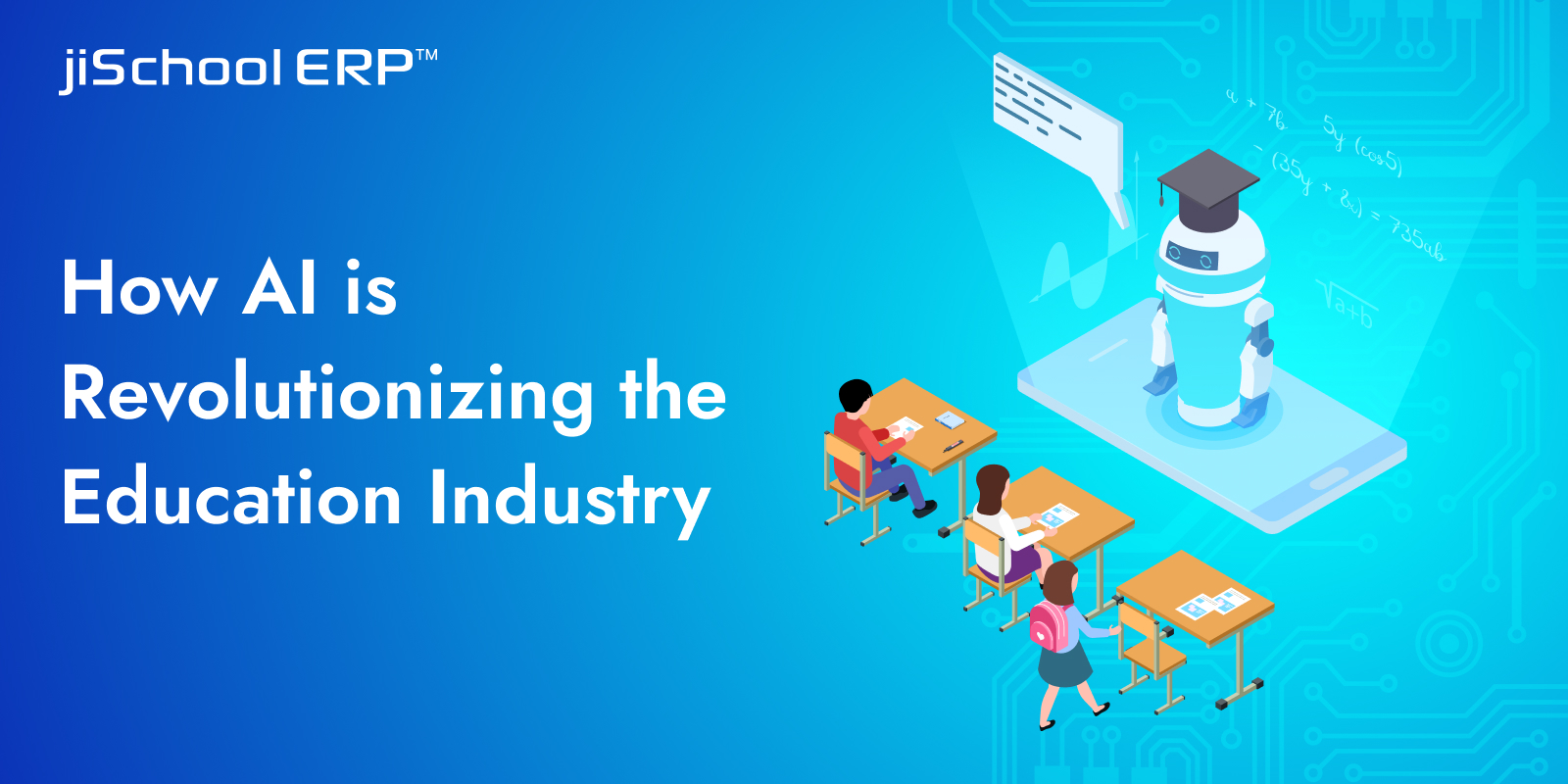

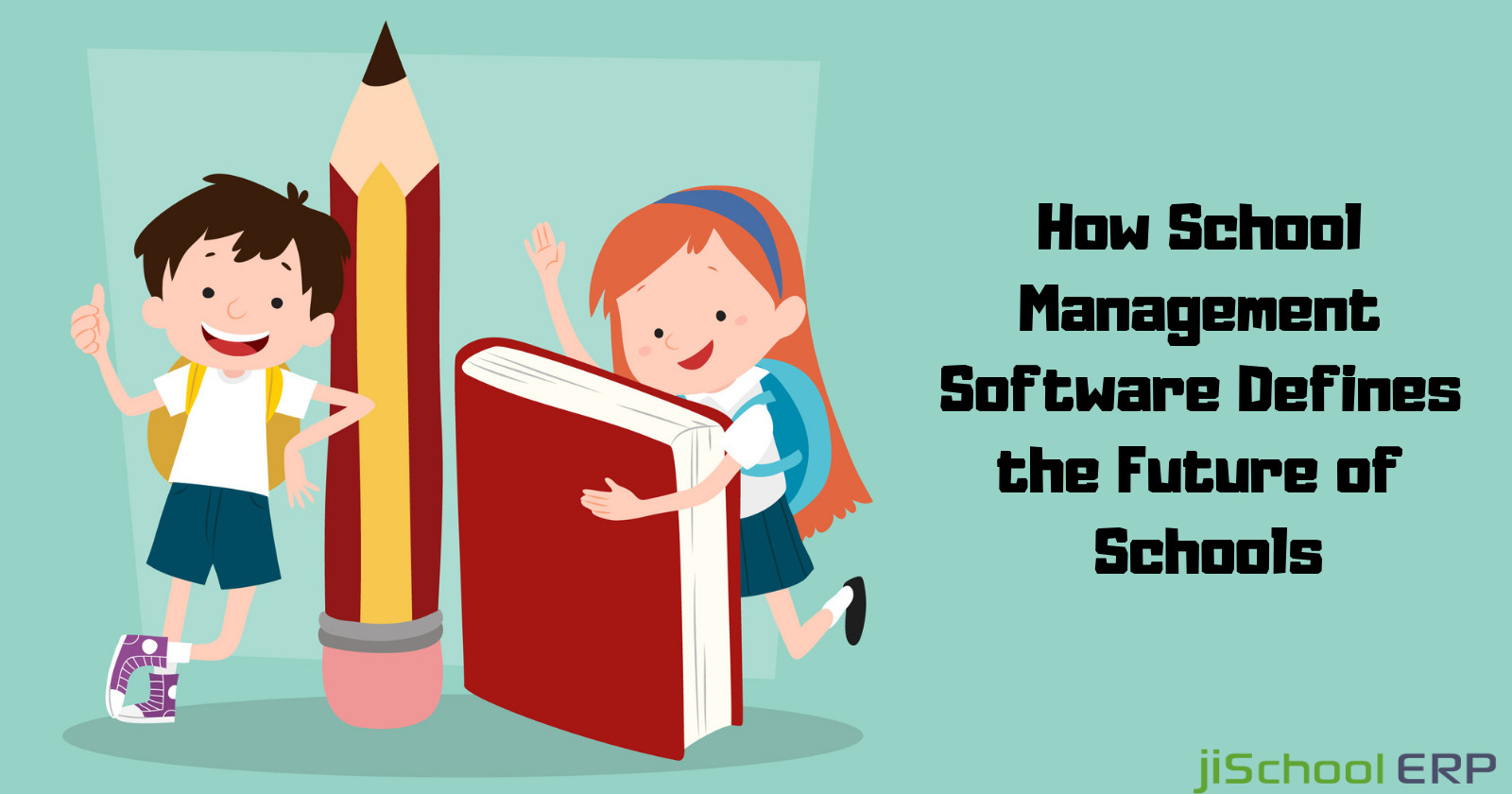


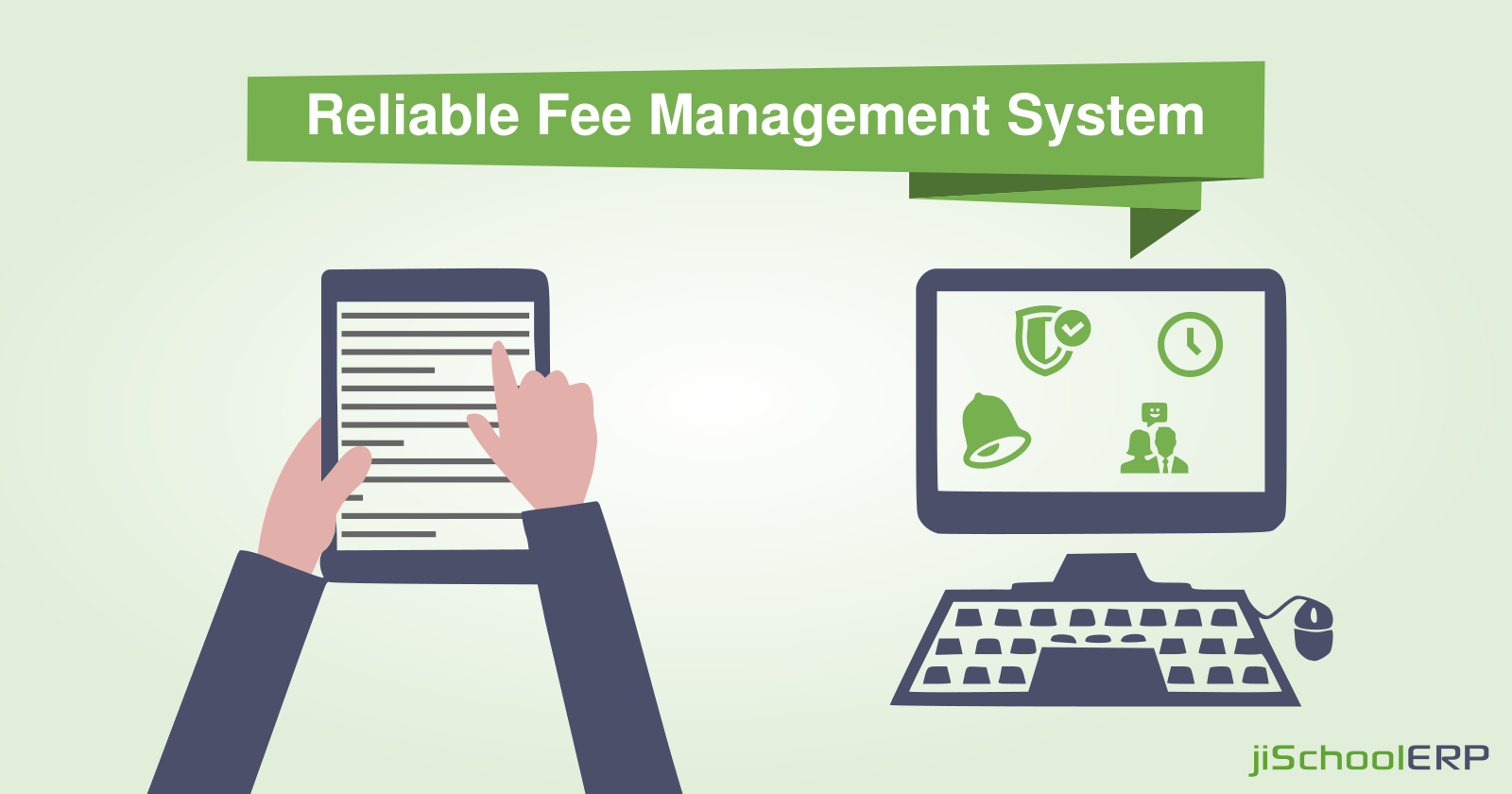
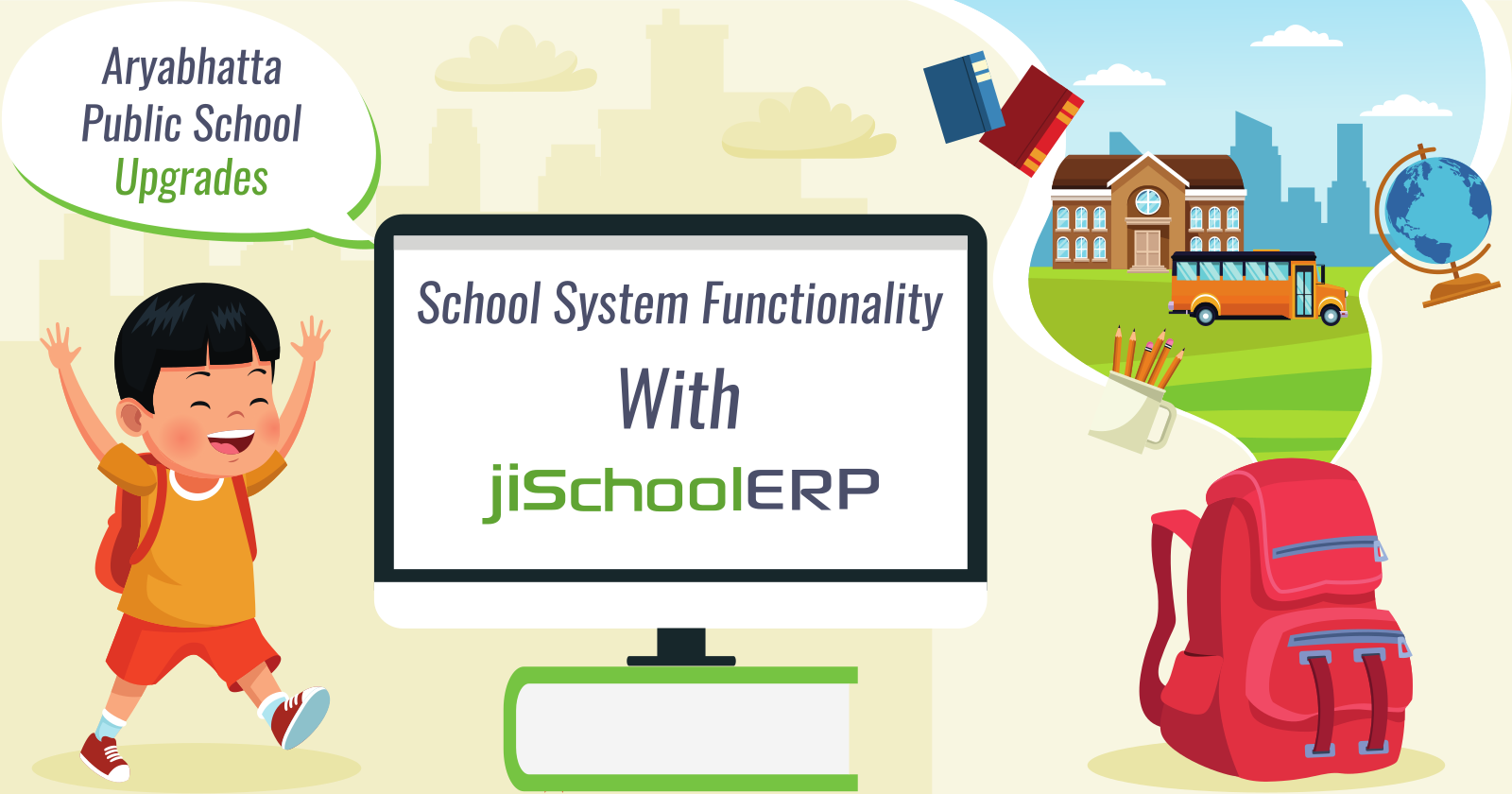




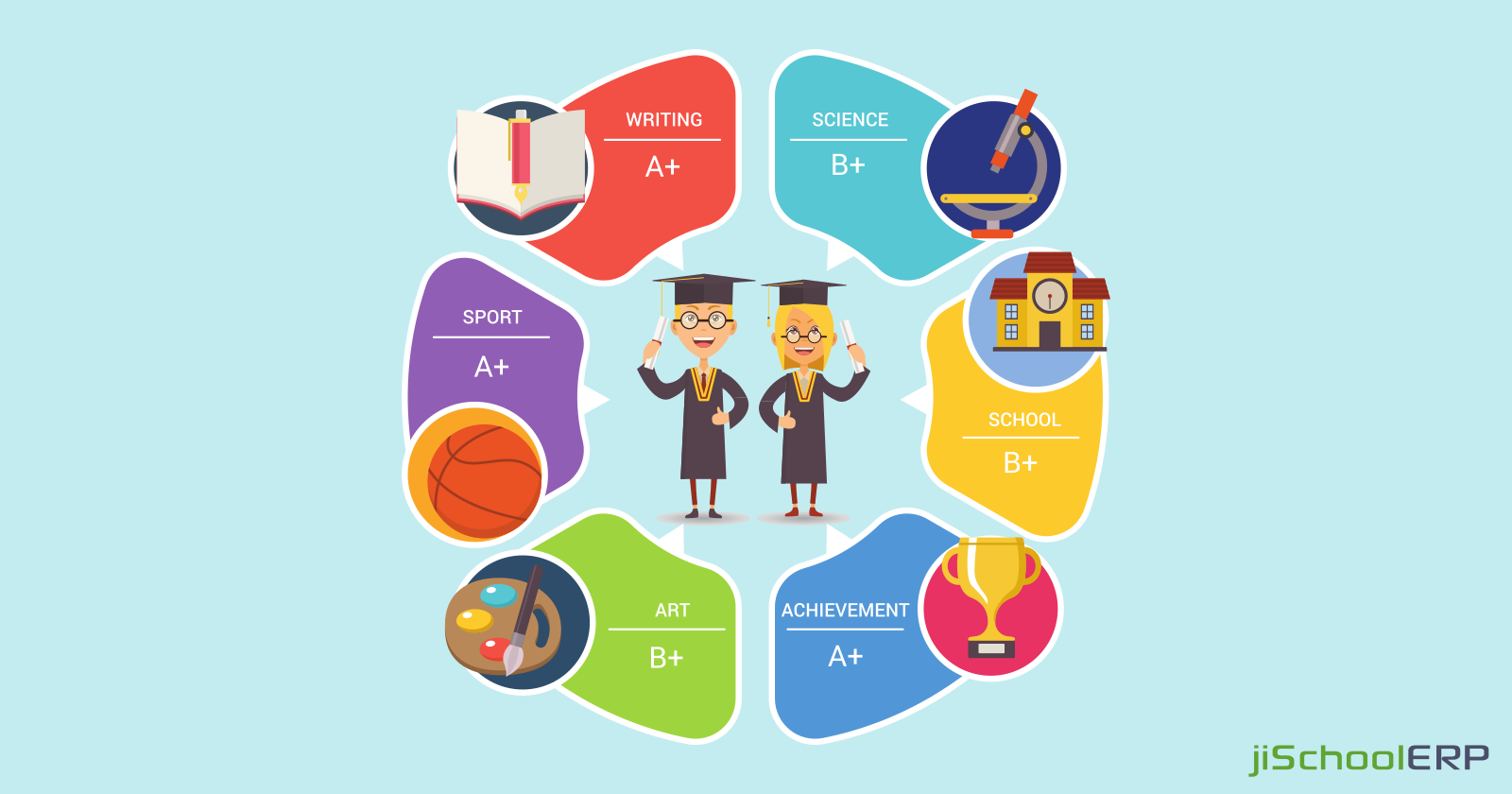
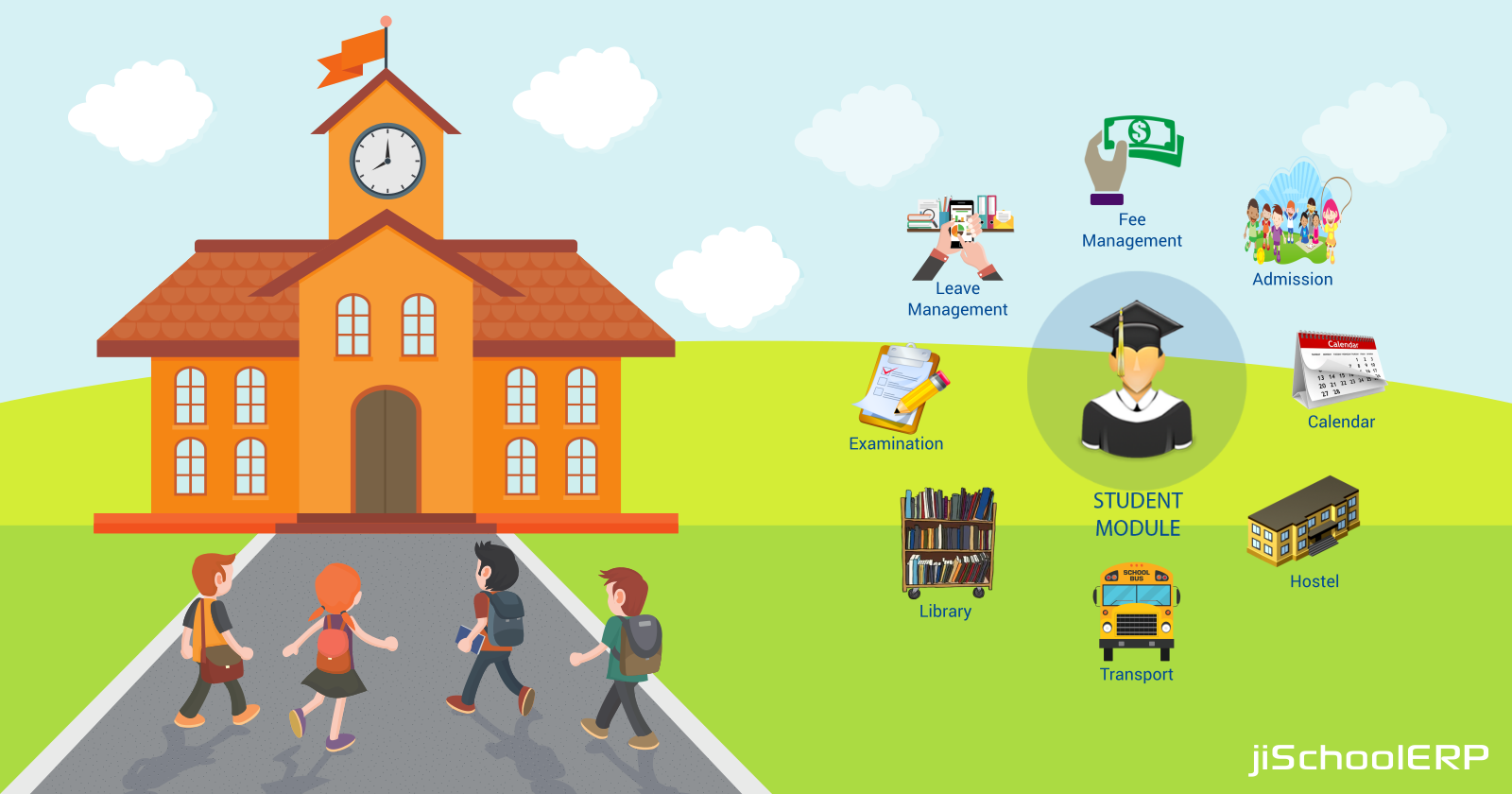
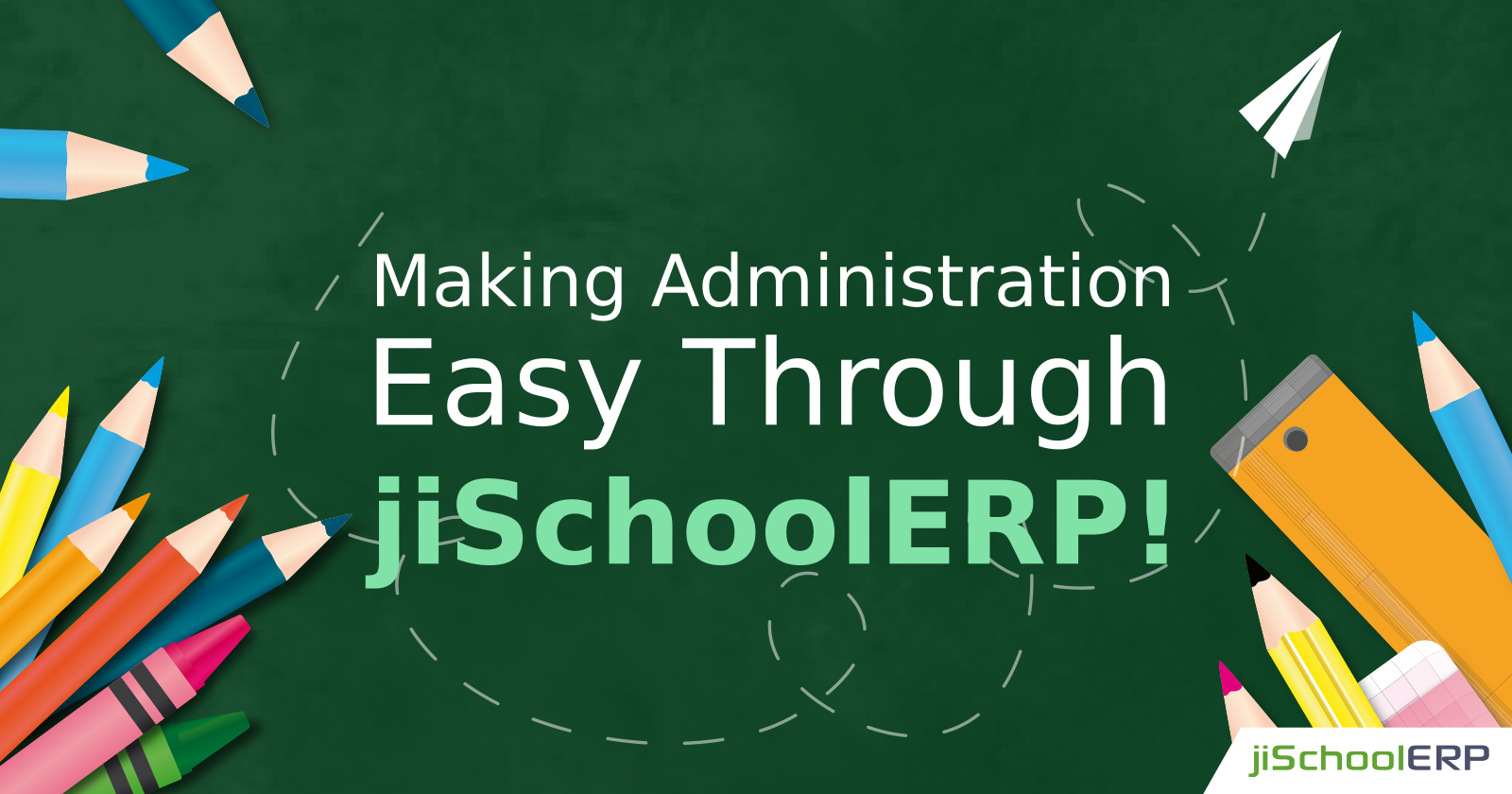
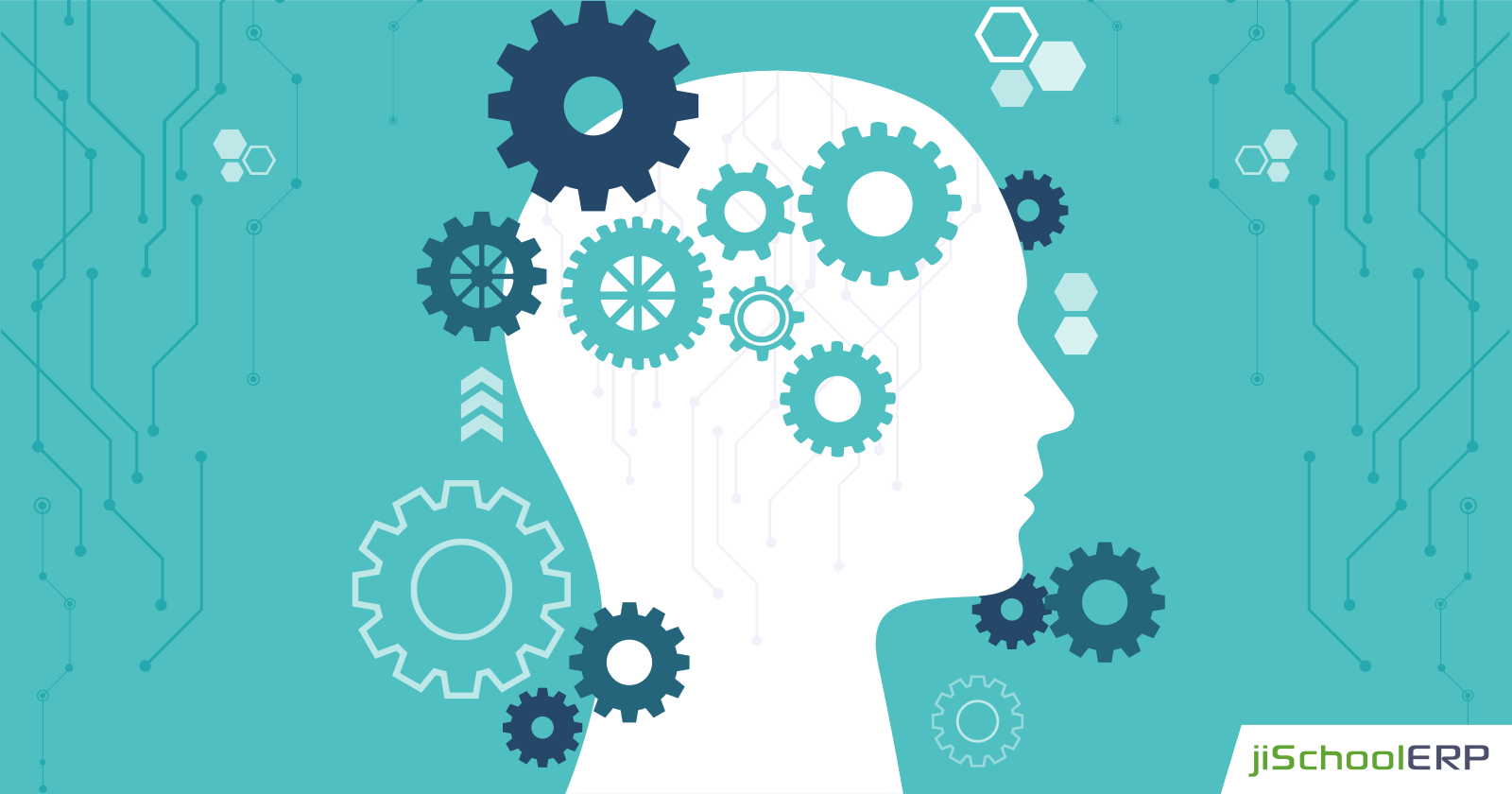

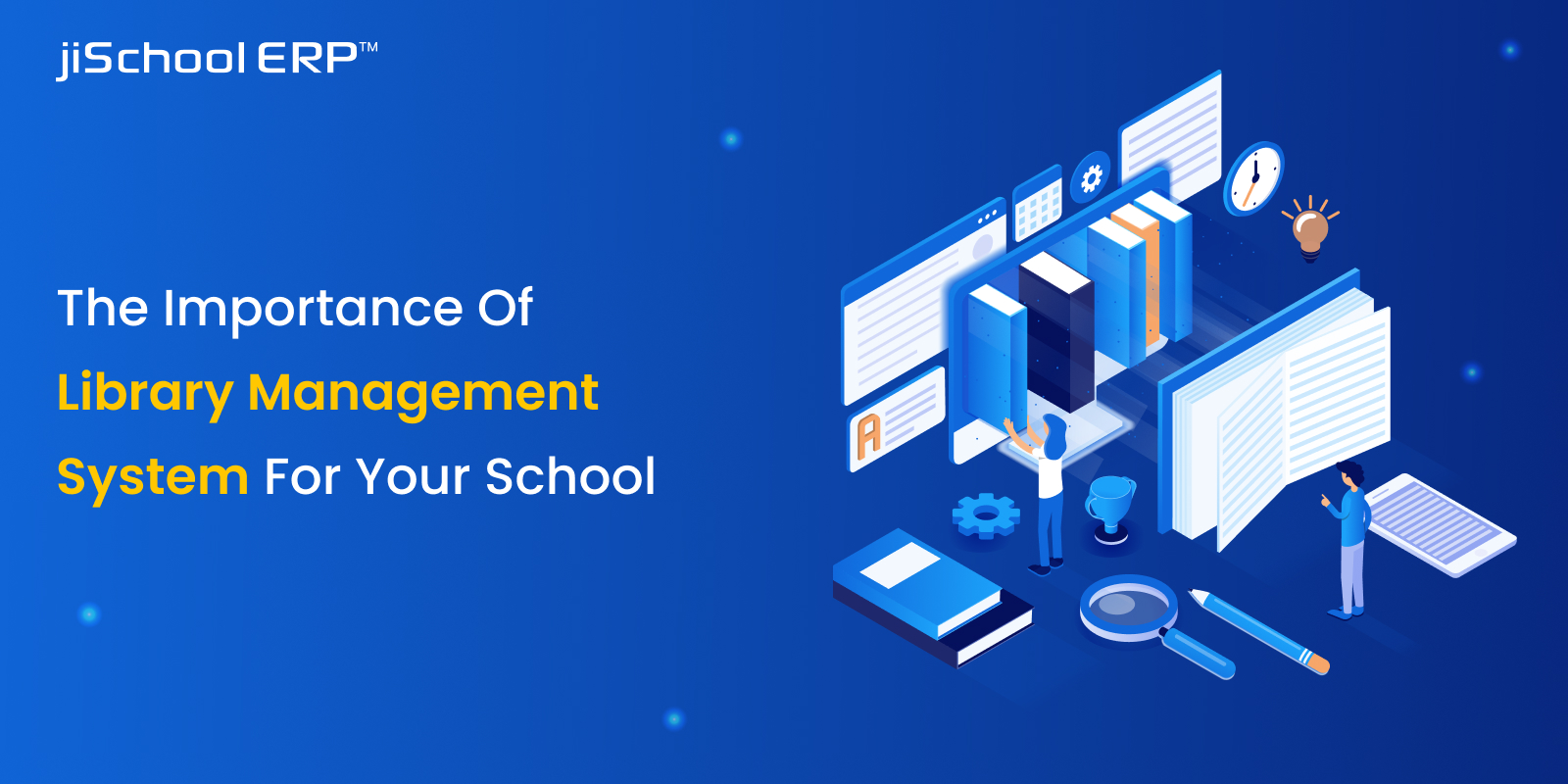
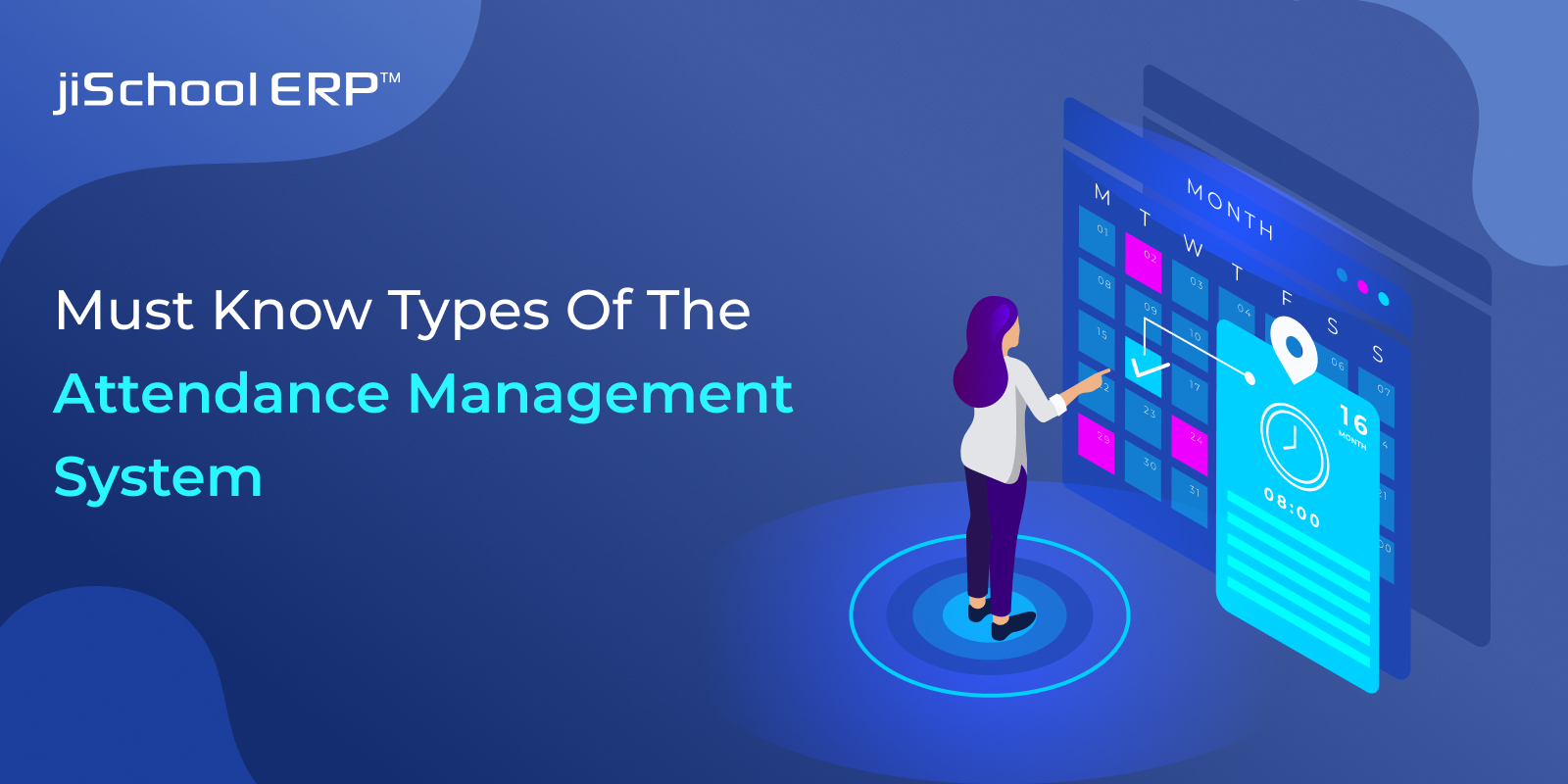

Share this post on: